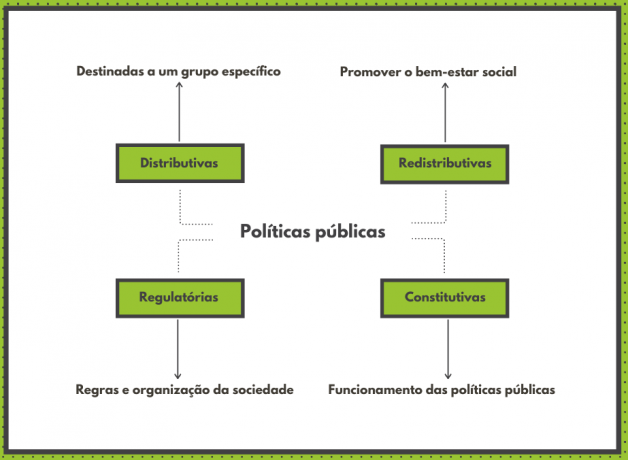Social inclusion is the set of actions that guarantee the equal participation of all in society, regardless of social class, physical condition, education, gender, sexual orientation, ethnicity, among other aspects.
Before social inclusion measures are formulated and applied, it is necessary to observe what they are. the excluded groups and what should be improved so that they can be fully inserted in the society.
For example, the physically handicapped (especially wheelchair users) need public sidewalks to be in good condition and have ramps. Otherwise, these people do not feel represented in the society in which they live, as their needs are simply ignored.
Building ramps that facilitate access for the physically challenged to sidewalks becomes a example of social inclusion, as it consists of a measure that aims to promote the harmonious integration of a group, at first marginalized, in society.
See also: meaning of prejudice it's the meaning of discrimination.
social inclusion in schools
Also called
school inclusion, consists of inclusive actions taken within the scope of an educational institution, a space that should be a primordial part for the formation of the human being as a citizen.Social inclusion in schools aims to eliminate prejudice and discrimination, regardless of type (ethnic, disabled, gender, sexual orientation, etc.).
Learn more about School inclusion.
Social inclusion in Brazil
Brazil witnesses great social inequalities and, consequently, the exclusion of several groups from their basic rights as citizens.
To help alleviate these cases, some welfare policies as a form of social inclusion, such as Bolsa Família, Fome Zero, Minha Casa Minha Vida, among other government programs.
Laws that guarantee the rights of groups traditionally marginalized by society, such as the LGBT community, blacks and women, for example, are also examples of actions aimed at inclusion Social.
Learn more about Inclusion and see the meaning of social responsability.


